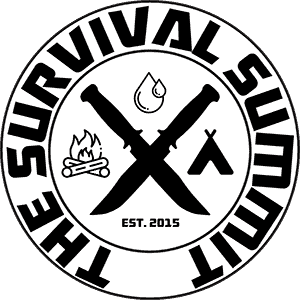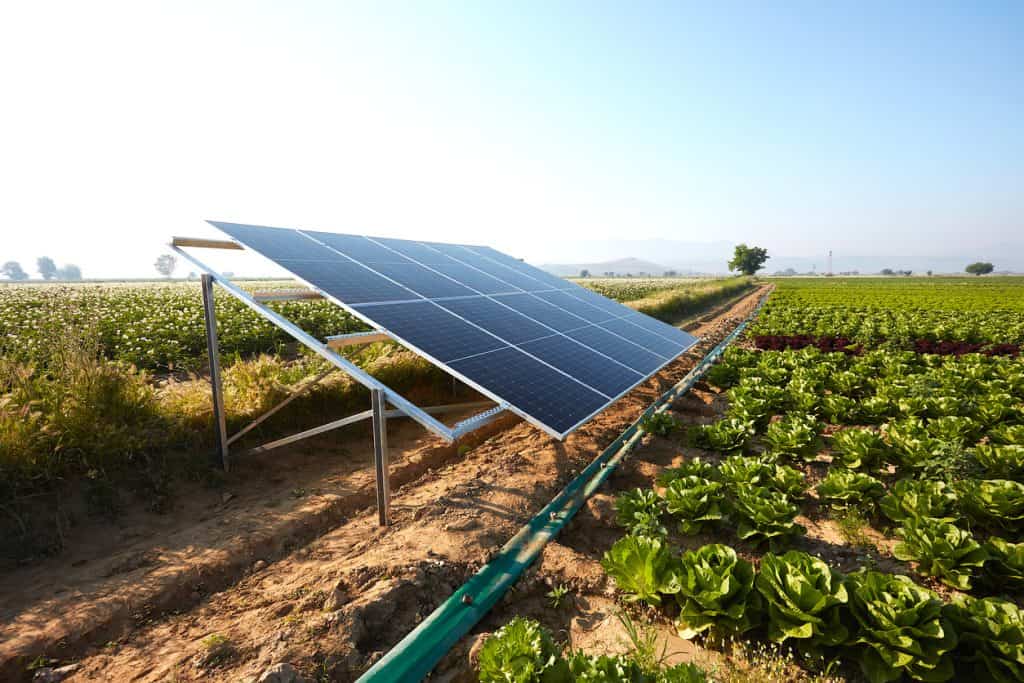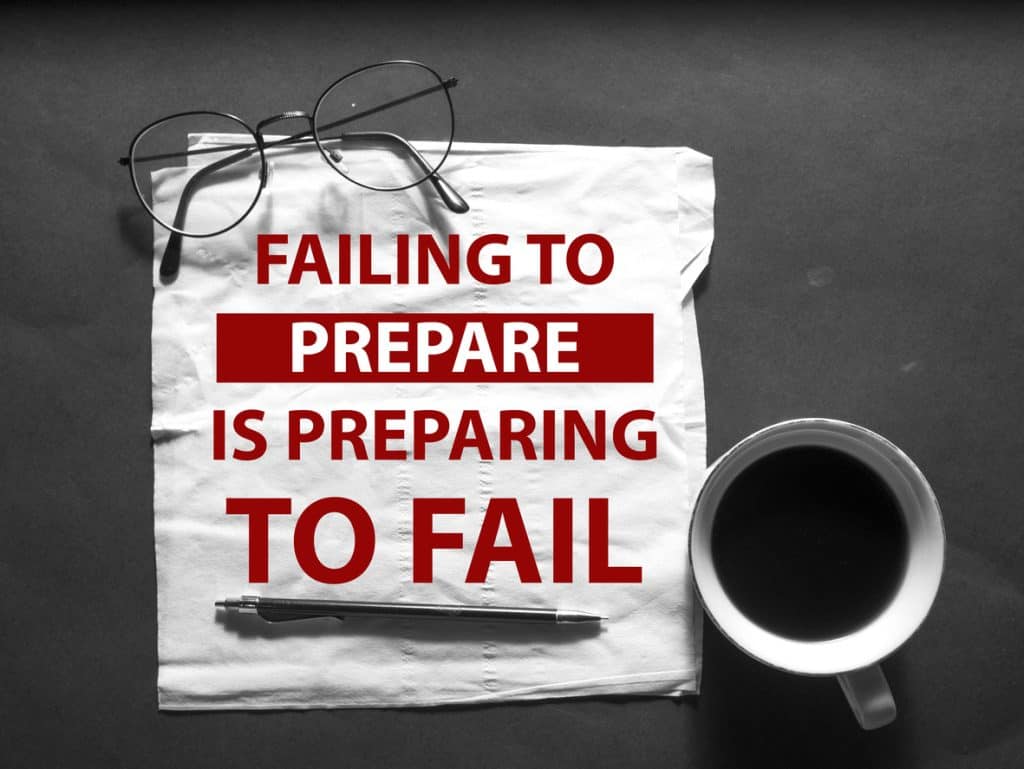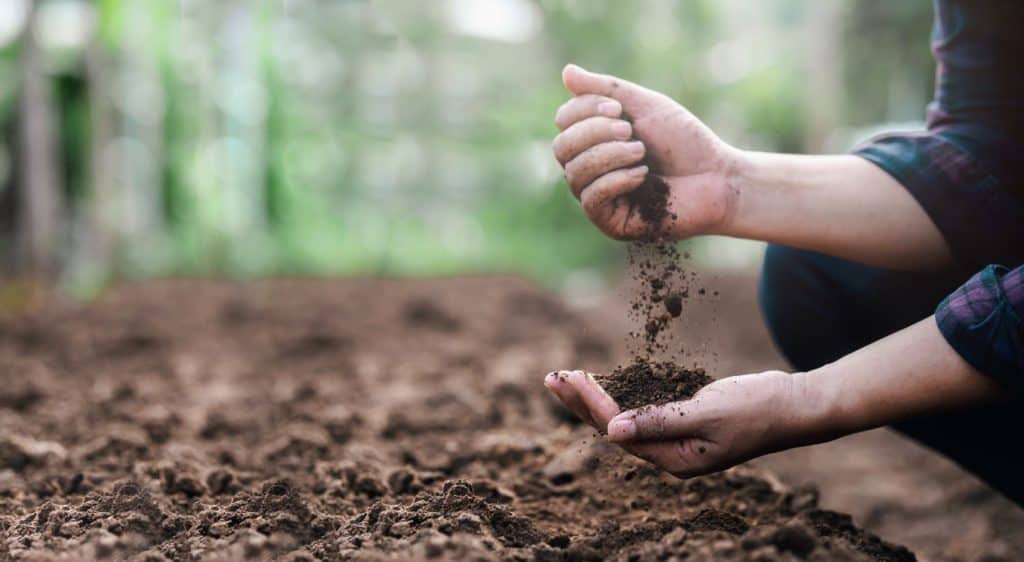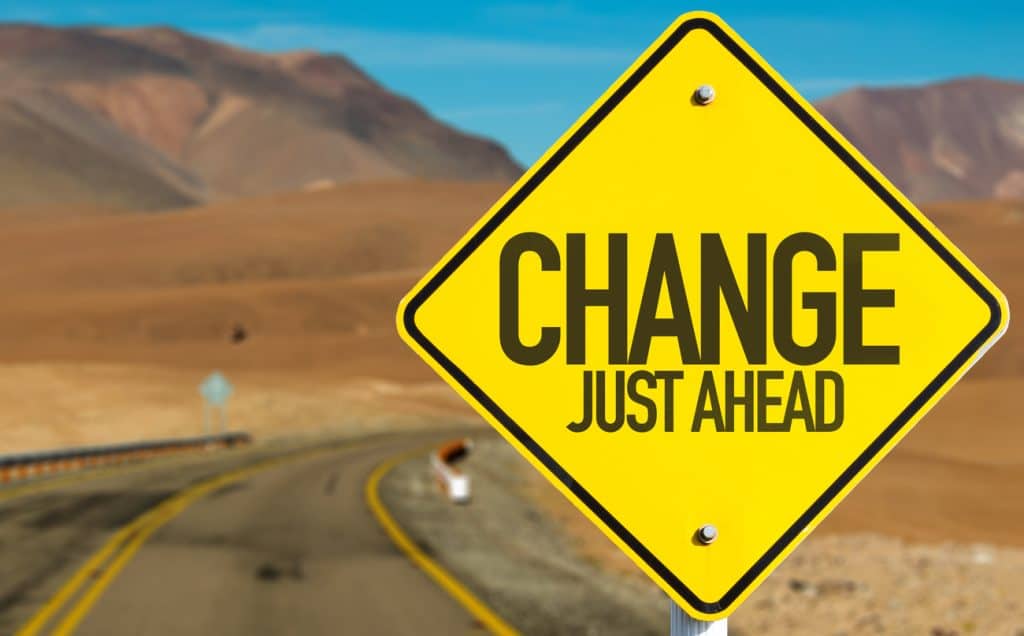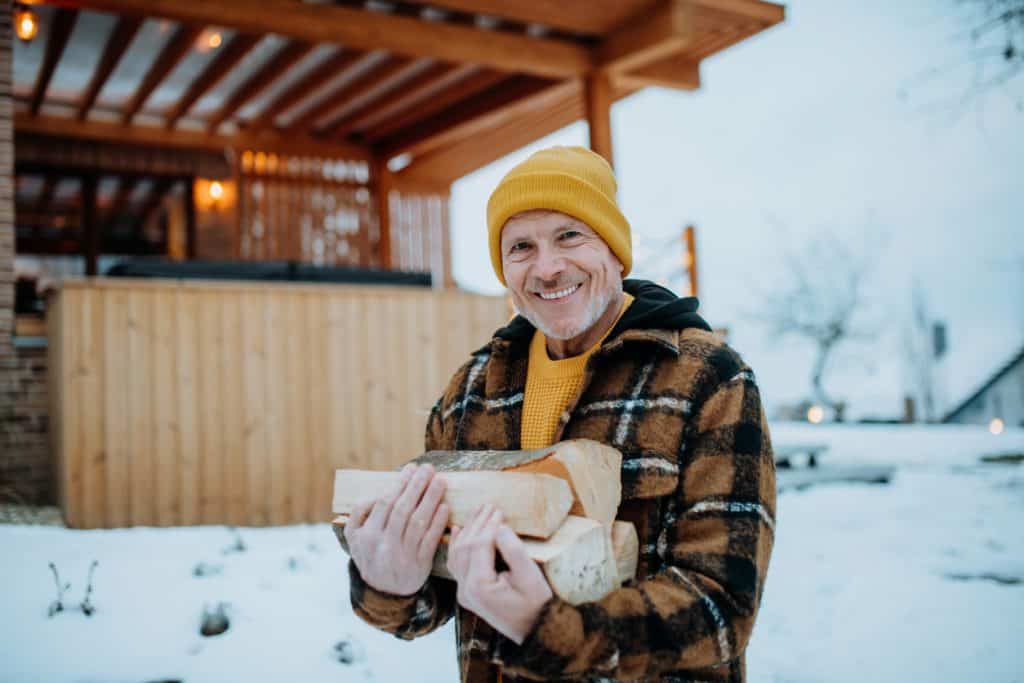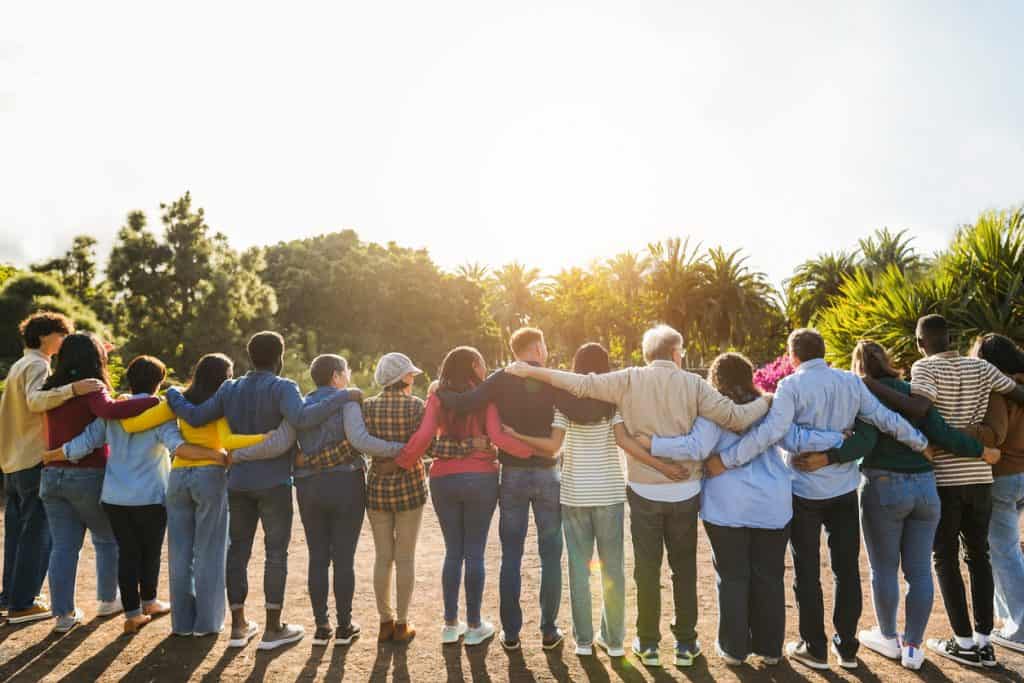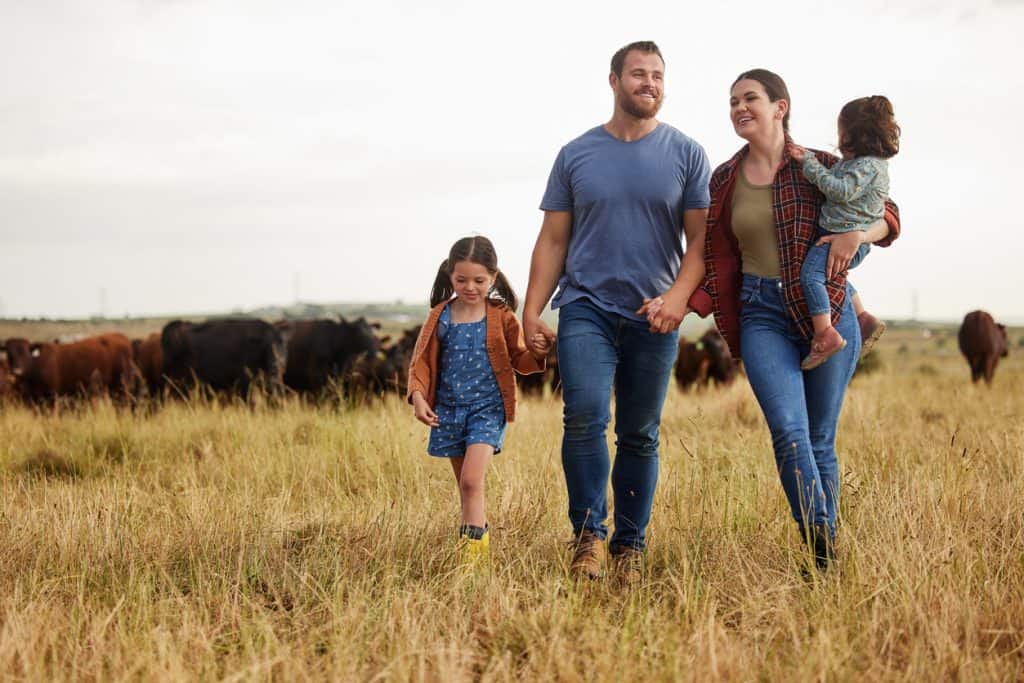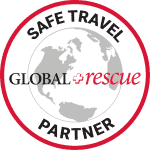Self-Reliance
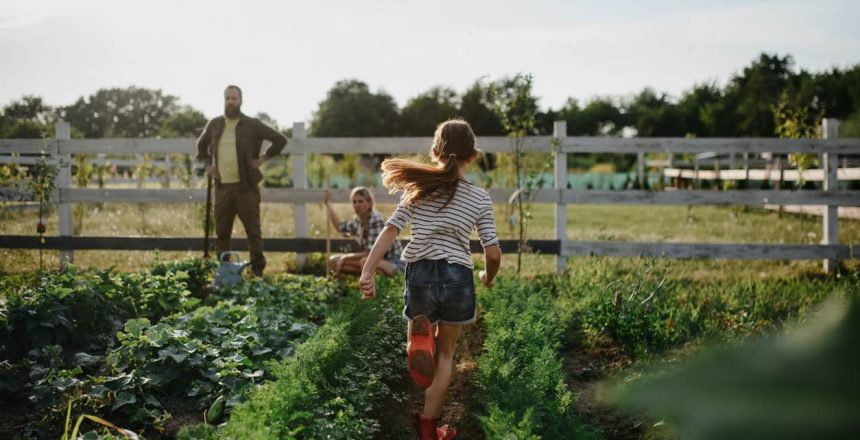
Self-Reliance: The Power of Prepping in Today’s World
Discover the importance of self-reliance and prepping in today’s uncertain world, highlighting the benefits such as independence, peace of mind, and readiness for unforeseen events, as well as the essential skills and knowledge needed for survival and the interconnection between prepping self-reliance and homesteading.
The Significance of Self-Reliance and Prepping in Today’s World
In today’s fast-paced and unpredictable world, the value of self-reliance and prepping cannot be overstated. The unpredictability of natural disasters, the looming threat of economic instability, the weakness of our leaders propelling us into more wars, the ever-present possibility of health crises, manmade or otherwise, government instability and out-of-control spending, and the tightening grip on Americans by a growing force of authoritarians highlight the critical need for individuals to embrace preparedness and self-sufficiency.
The last thing our government wants is for us to be self-sufficient. The more self-sufficient we are, the less we need them. They can’t have that because they cannot impose their will on us quite as easily when we can care for ourselves. Unfortunately, we have become a lazy society that no longer feels the need to take accountability, and we’ve been pushed into using medicines to treat our bodies and minds rather than taking control of ourselves through exercise and eating clean foods.
By adopting a lifestyle centered around prepping, individuals empower themselves with the skills, knowledge, and resources necessary to withstand various challenges. This proactive approach allows for greater independence from mainstream supply chains and systems, which can be particularly vulnerable during crises, providing a significant sense of security and peace of mind.
Moreover, the journey towards self-reliance encourages a deeper connection with the practical skills of our ancestors, blending traditional knowledge with modern innovations. For instance, learning to grow one’s food ensures a supply of fresh produce in times of need and promotes a healthier lifestyle and spirit of independence.
This synthesis of past wisdom and present capabilities underpins the essence of prepping, making it a great strategy for navigating the complexities of this century. By fostering resilience, adaptability, and a forward-thinking mindset, individuals can better prepare themselves and their loved ones for the uncertainties ahead, ensuring a level of preparedness that transcends mere survival to embrace a thriving, self-sufficient way of life.
Benefits of Self-Reliance and Prepping
Embarking on the path of self-reliance and prepping opens the door to myriad advantages beyond mere survival. This lifestyle cultivates an unparalleled sense of independence, empowering individuals to take charge of their lives by developing essential skills and teaching those skills to their children, who are often distracted by electronic devices.
Mental toughness, physical vigor, and the capacity to endure challenging situations are just the tip of the iceberg. These attributes are crucial for personal growth and play a vital role in safeguarding the well-being of loved ones during adversities. For instance, mastering the skill of food preservation not only ensures a stable food supply during crises but promotes a healthier, more sustainable way of living.
Moreover, the peace of mind that comes with being prepared is immeasurable. Knowing you have a meticulously crafted plan and all the necessary supplies can significantly alleviate stress in uncertain times. This tranquility stems from the confidence in one’s ability to navigate through emergencies with competence and composure. Additionally, gradually amassing supplies underscores the importance of foresight and frugality.
It teaches valuable lessons in resource management, demonstrating how strategic planning and patience can lead to substantial cost savings and, ultimately, a more resilient and pragmatic approach to life’s challenges. Events like Hurricane Katrina and the wildfire in Hawaii have shown us that our governments cannot save us in our times of need. Imagine how bad it would be in a much larger-scale event. The bottom line is that no one is coming to save you.
Developing a Self-Reliant Mindset
Cultivating a self-reliant mindset in today’s unpredictable world is more than a choice; ensuring one’s independence and safety is necessary. This mindset is fundamentally built on acquiring essential skills and knowledge that empower individuals to thrive in various situations, regardless of external support.
For instance, during the unexpected onset of global pandemics, people who had previously honed skills in food storage, water purification, and basic first aid found themselves significantly more prepared and less panicked than those who had not. This clearly illustrates how such knowledge and skills can transform a potentially overwhelming situation into a manageable one.
This period should be remembered as a very dark time in American History because the government shut down our businesses, our schools, and our livelihood and unleashed an unprecedented level of propaganda and nonsense on its people. We, once again, gave up freedom for the appearance of safety, and I sincerely hope that many of us took that time to become more prepared and self-sufficient.
Moreover, this mindset extends beyond mere survival skills. It encompasses a proactive approach to learning and adapting that is invaluable in everyday life. By prioritizing the development of abilities such as efficient food production, renewable energy management, and financial planning, individuals prepare themselves for emergencies and a sustainable future.
This approach encourages a lifestyle of independence and self-sufficiency, reducing reliance on societal systems that may falter in times of crisis. It fosters a sense of empowerment and resilience, enabling people to face unforeseen challenges with confidence and resourcefulness.
Essential Skills for Self-Reliance and Survival
Developing a wide range of skills is paramount in the journey towards self-reliance and survival. These encompass not only the mental resilience and physical capabilities required to face unforeseen challenges but also practical abilities like managing food storage, procuring and purifying water, mastering basic survival techniques, and learning self-defense.
These skills contribute to a comprehensive preparedness strategy that equips individuals with the tools to navigate and overcome adversity. For example, mastering the skill of water purification using simple materials like charcoal and sand can be a lifesaving technique in scenarios where access to clean water is compromised.
Furthermore, acquiring these essential skills offers an invaluable opportunity for family bonding and collective learning. Engaging in activities such as building a small family garden or practicing navigation with a map and compass prepares each family member for potential survival situations. It instills a sense of teamwork and responsibility.
These shared experiences make learning more enjoyable and reinforce the importance of self-reliance and preparedness within the family unit. As families explore and develop new skills, they ensure their collective readiness for various challenges and strengthen their emotional bonds and resilience.
We spend far too much time in our little worlds when we should teach our children all the important things in life. We’ve seen what the public school systems have done to our children, and they have not only failed them educationally, but they have indoctrinated them and given them political opinions so far divorced from real life and truth that it should sicken each American to their core.
The Interconnection of Prepping, Self-Reliance, and Homesteading
In today’s world, where unpredictability seems to be the only constant, the interconnection between prepping, self-reliance, and homesteading becomes increasingly significant. While distinct in their approaches, these lifestyles share the common goals of fostering independence and ensuring preparedness for unforeseen events.
Homesteading, focusing on utilizing the land for food production and self-sufficiency, offers a tangible example. By growing their crops and raising livestock, homesteaders secure a direct food source and embody the practical application of prepping principles.
This lifestyle requires a broad skill set, from gardening and animal husbandry to water harvesting and renewable energy, illustrating the overlap with prepping regarding skill acquisition and self-reliance.
Moreover, the synergy between these lifestyles is not merely about survival but also about thriving through self-sufficiency and community resilience. The misrepresentation of preppers as extremists and homesteaders as engaged in a quaint, albeit impractical, endeavor does a disservice to the profound balance these lifestyles achieve.
Both demand an innovative mindset, encouraging individuals to look beyond conventional dependencies and embrace the empowerment of controlling one’s resources. This empowerment extends to community building, where sharing knowledge, skills, and resources strengthens communal ties and resilience.
For instance, a prepper skilled in water purification techniques can share this knowledge with homesteading neighbors, enhancing the community’s overall preparedness and self-reliance. The interplay between these lifestyles fosters a comprehensive approach to preparedness, blending the independence of homesteading with the strategic planning of prepping, thereby ensuring that individuals and communities are better positioned to face the challenges of tomorrow.
Reasons to Embrace Prepping
The rationale behind embracing the prepper lifestyle extends beyond the simple desire to be prepared. It roots itself in a comprehensive understanding of our world’s inherent uncertainties, where natural disasters, financial downturns, and unforeseen personal challenges can disrupt any semblance of stability at any moment.
Preppers aim to mitigate these risks through meticulous planning and preparation by adapting to their specific geographical and personal circumstances. For instance, someone living in a hurricane-prone area might focus on securing their home against high winds and flooding, while someone in an urban setting might concentrate on ensuring they have a financial safety net in case of sudden unemployment. This tailored approach to preparedness exemplifies practical wisdom and embeds a sense of responsibility towards oneself and one’s community.
Moreover, prepping transcends the individual, fostering a sense of collective resilience that can significantly bolster the strength of communities. By equipping themselves with the knowledge and resources to face various challenges, preppers contribute to a culture of preparedness that benefits everyone.
This community-oriented aspect of prepping is particularly critical in times of crisis when government resources are stretched thin, and the well-being of individuals heavily depends on local support networks.
The peace of mind from knowing one is well-prepared can be immensely liberating. It makes everyday life more manageable and transforms the daunting prospect of disaster into a challenge that can be faced confidently. In essence, prepping is not just about survival; it’s about thriving in the face of adversity and enhancing the quality of life for oneself and those around us.
Building a Community of Preparedness
By their very nature, preppers are not just focused on their survival but are instrumental in building a robust preparedness community. This communal spirit emerges from a deep-seated belief in the importance of being ready for any eventuality, not just as isolated individuals but as an interconnected society.
There are far too many “preppers” with the “lone-wolf” mentality. Some say online, “I’m just going to take whatever I need from weaker people.” Those individuals will always exist; the ones talking the loudest are usually the weakest. However, human nature has shown us throughout history that wolves will always go after the sheep and will do so in packs.
Building a close-knit community is one of the best ways to survive large-scale disasters. Trying to do it alone will only work for a select group with extraordinary skills and training. Please do not think you will take your family and live off the land. That is not based in reality. You MUST create a comprehensive and realistic P.A.C.E. Plan (Primary, Alternate, Contingency, Emergency). This plan should be based on your resources, skills, location, and other factors. If anyone tells you that there is a one-size-fits-all plan… They do not know what they are talking about.
By sharing resources, knowledge, and skills, preppers help to create a safety net that extends beyond their own homes, contributing significantly to the resilience and self-sufficiency of their communities. This approach minimizes the collective reliance on government resources during crises and fosters a sense of unity and mutual support among community members.
Moreover, preparing together catalyzes strengthening community bonds. Preppers often engage in group training sessions, share emergency preparedness plans, and participate in community drills, which enhances the community’s overall preparedness level.
Additionally, this collaborative spirit encourages others to adopt a preparedness mindset, further expanding the community’s capacity to handle emergencies. Through these actions, preppers embody the principle that being prepared is about individual survival and ensuring the entire community’s well-being.
Therefore, their commitment to preparedness goes beyond personal security to embody a broader vision of collective resilience and solidarity.
Conclusion
In an age where the unexpected has become a part of our daily lives, pursuing self-reliance and prepping is more than just a precaution; it’s a pathway to empowerment. The concepts of preparedness and resilience are not just about surviving the next natural disaster or economic downturn; they’re about thriving despite them. A new book that came out last year, Survival Theory II, is a great resource for learning more about what can happen when societies break down.
This journey towards self-sufficiency equips individuals with the skills and knowledge to face many uncertain situations confidently. For instance, learning how to purify water or grow your food can transform a dire situation into a manageable one, illustrating the tangible benefits of these practices.
Moreover, prepping transcends individual benefits by fostering stronger, more resilient communities. When individuals embrace self-reliance, they reduce their dependency on governmental aid in crises, contributing to their community’s strength.
This solidarity enhances the community’s ability to withstand challenges and cultivates a sense of unity and mutual support. As you move forward, let the principles of self-reliance and prepping guide you toward personal security and playing an active role in creating a strong community in the face of adversity.
Your journey towards preparedness is not just for your benefit—it’s a gift to those around you, paving the way for a future where we all are more resilient, prepared, and interconnected. Are you looking for training but don’t have time to attend a live course or can’t afford it? We have a library of instructional films that you can check out HERE.
